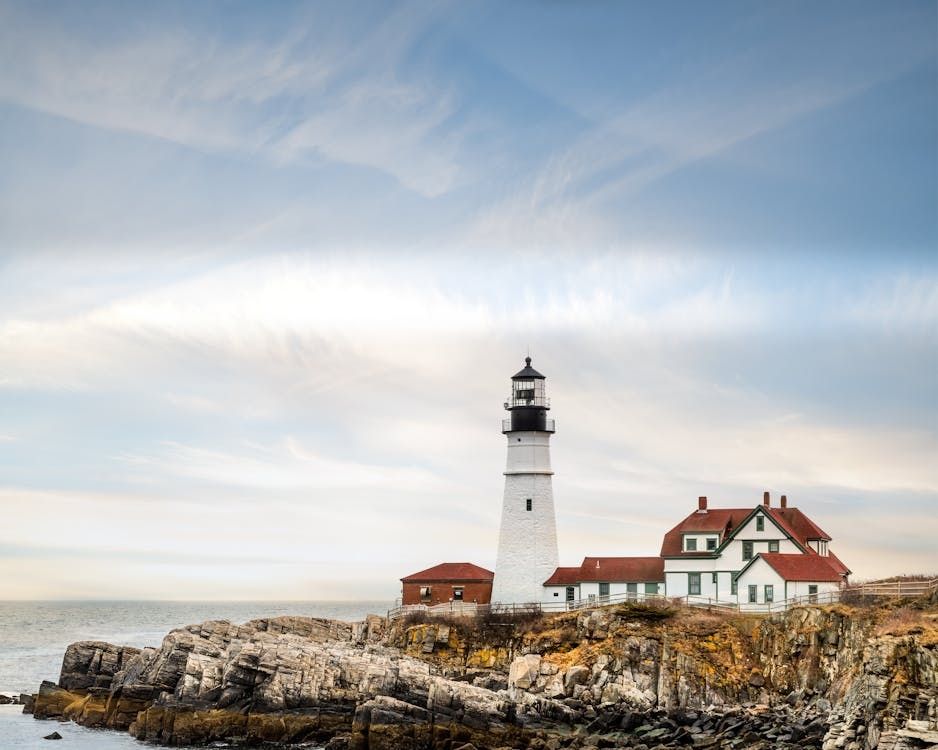- What should I pack for Maine’s cooler summer evenings?
- Bring layered clothing including sweatshirts and rain jackets to stay comfortable during cooler or wet evenings.
- Are there camps that focus on environmental education?
- Yes, many Maine camps emphasize nature studies, wildlife conservation, and sustainable living practices.
- What is the best age to start attending overnight camp?
- Most camps recommend ages 7 to 9 for first overnight stays, but readiness varies by child and camp style.
- How do camps handle insect protection and allergies?
- Camps advise bringing insect repellent and managing allergies proactively; staff are trained to assist as needed.
- Are payment plans available for Maine camps?
- Some camps offer flexible payment options; contact camps directly to discuss financial arrangements.
- What communication options do camps provide to families?
- Communication typically includes letters and occasional phone calls, helping campers stay connected while focused on camp life.
- How do camps support children new to being away from home?
- Counselors use buddy systems and regular check-ins to help ease homesickness and support camper adjustment.
